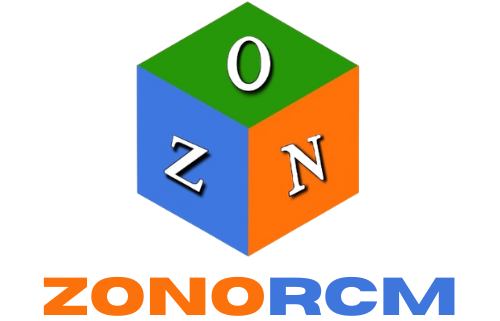Healthcare Annotation
Named Entity Recognition
Medical Annotation Services
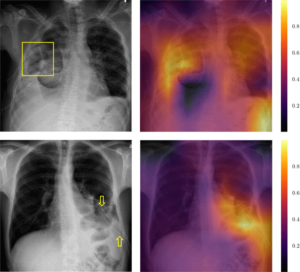
Image Annotation
Image Annotation
Boost medical AI by accurately annotating visual data from X-rays, CT scans, and MRIs, ensuring that AI models excel in diagnostics and treatment planning. Expert-driven data labeling enhances the precision of these models, ultimately improving patient outcomes through more reliable and insightful imaging interpretations.
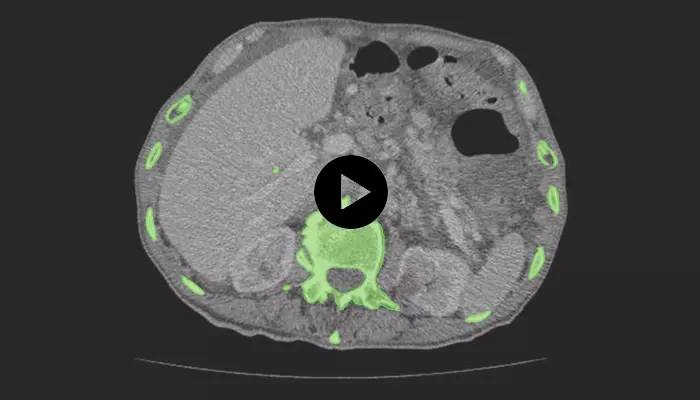
Video Annotation
Elevate healthcare AI by implementing detailed video annotation, optimizing AI learning through precise classifications and segmentations in medical footage. This approach enhances the performance of AI systems in surgical assistance and patient monitoring, driving superior diagnostics and overall healthcare outcomes.
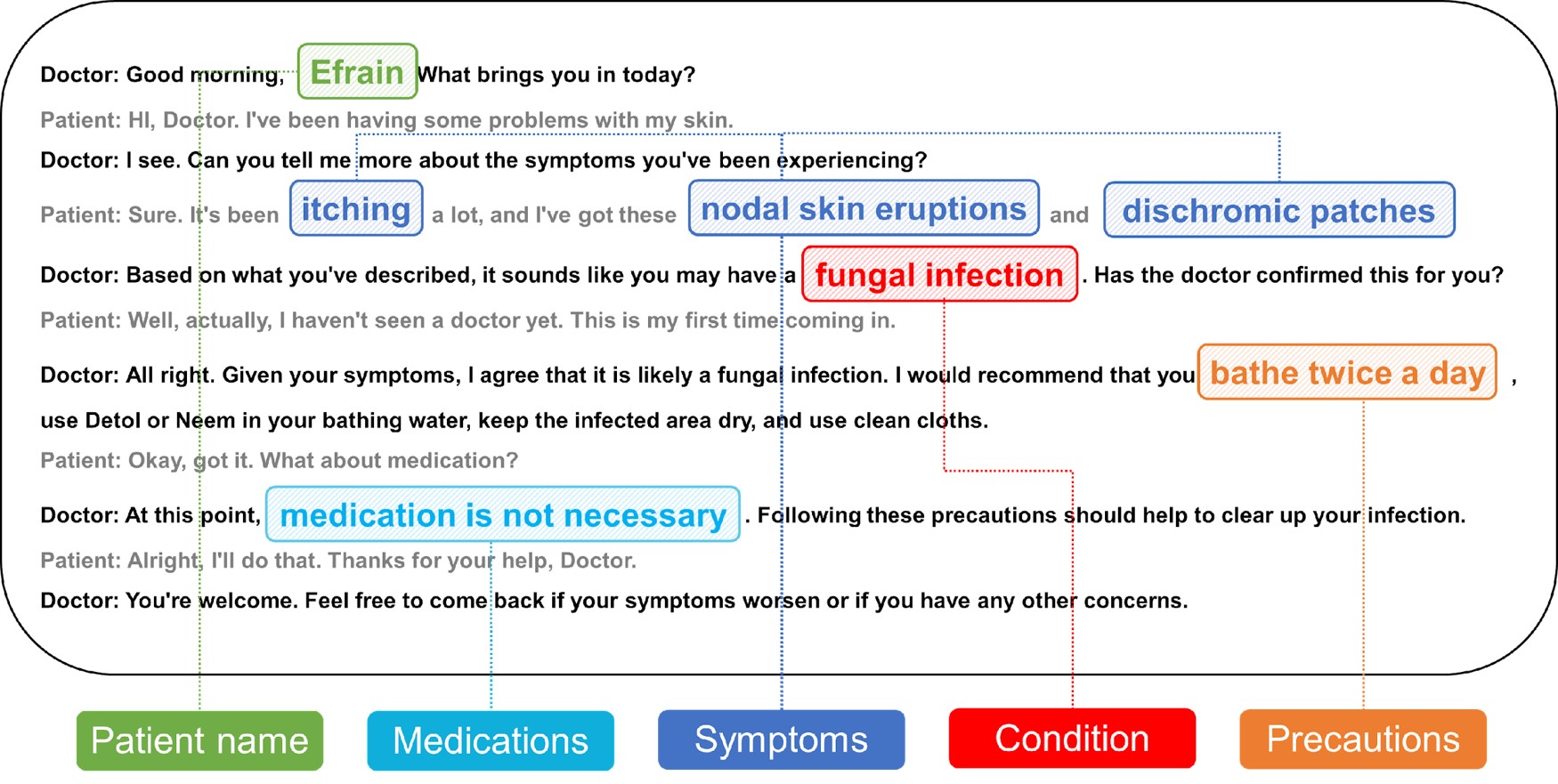
Text Annotation
Text Annotation
Accelerate medical AI development with expertly annotated text data, enabling swift parsing and enrichment of large volumes, from handwritten notes to insurance reports. This ensures accurate, actionable insights that drive advancements in healthcare and improve decision-making.
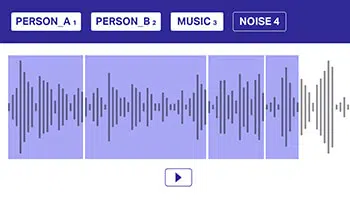
Audio Annotation
Effectively leverage NLP expertise to annotate and label medical audio data with precision, enabling the creation of voice-assisted systems that streamline clinical workflows. Integrate AI into voice-activated healthcare solutions to enhance diagnostic accuracy and improve overall patient care through expertly curated audio data.

Medical Coding
Streamline medical documentation with AI-driven medical coding, converting records into universal codes for enhanced accuracy and billing efficiency, while supporting seamless healthcare delivery through advanced AI assistance in record management.

NLP Annotation
Our Expertise

Named Entity Recognition (NER)
Named Entity Recognition (NER-QC)

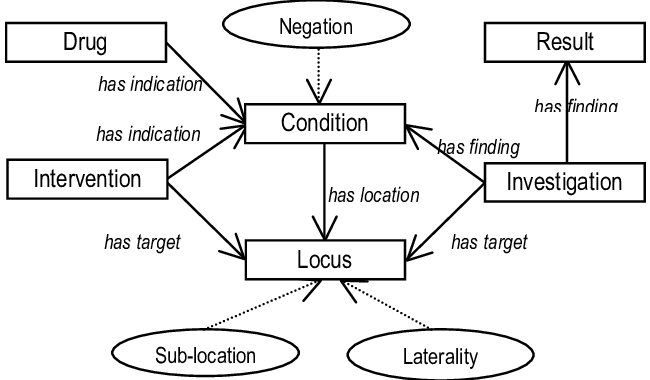
Relationship Annotation
Relationship annotation in healthcare involves identifying and labeling connections between various entities, such as linking diseases to their symptoms, medications, and procedures. This process enhances AI models’ contextual understanding of medical texts, improving insights into patient care and treatment plans. By structuring information, relationship annotations support clinical decision-making and predictive analytics, ultimately leading to better patient outcomes.
Relationship Annotation (QC)


Assertion Annotation
Assertion annotation in healthcare involves identifying and labeling the certainty, negation, or uncertainty of medical statements within clinical texts. This includes affirmative assertions (e.g., “Patient has diabetes”), negated assertions (e.g., “No signs of infection”), and uncertain assertions (e.g., “Possible fracture”). By providing clarity on the nuances of patient information, assertion annotations enhance diagnostic accuracy and clinical decision-making. Additionally, they improve AI models in natural language processing by helping systems accurately interpret clinical notes and patient records.
Assertion QC

